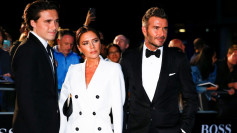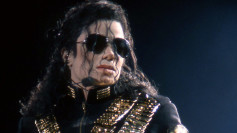Just like any household, there is always one or two things that family members tend to prohibit, like pets, sweets, or some values like saying bad words, etc. The British Royal family can also do the same and more because of their stricter protocols and scrutinizing security policies.
This time, the future King of England decided not to see this luxury item for good, and these are the reasons for it.
Discussed in a documentary entitled "Inside Fortnum and Mason: The Queen's Grocer," the former royal chef, Carolyn Robb revealed how Prince Charles prohibited the palace grocers and the chef herself to have and cook " foie gras" in the royal household. Due to the process, it was produced, the Prince of Wales would not let anybody in Buckingham Palace eat and buy it.
Foie gras is a luxury food product, and a well-known delicacy in French cuisine, the word itself came from the liver of a duck or goose fattened by force-feeding corn with a feeding tube, a process also known as gavage.
Its flavor is described as rich, buttery, and delicate, unlike that of an ordinary duck or goose liver and prepared into mousse, parfait, or pâté with the preference of serving it alone or as an accompaniment to another food item, such as steak. French law states that "Foie gras belongs to the protected cultural and gastronomical heritage of France."
But, because of its Gavage-based foie gras production, animal welfare concerns emerged because of the force-feeding, intensive housing and husbandry, and enlarging the liver to 10 times its usual volume of the animals involved.
Not only does Prince Charles the only one against this kind of delicacy, but several countries and jurisdictions have laws against force-feeding, and the production, import or sale of foie gras; even where it is legal, the number of retailers decline to stock it. While it is true that Foie Gras is already a heritage in France, some citizens like Prince Charles disagree with the way it was produced, true enough, there are already controversies concerning some foods and how they are produced from their animal source.
The production of this luxury food product has been banned from the United Kingdom, but it is still legal to sell foie gras like the one store that the royal household gets most of their groceries, the Fortnum and Mason.
But what might be wrong to some might be right to Prince Charles, as he still has no problems with hunting, farming, and shooting, as these are already against the policies of the largest animal welfare charities in the UK, the Royal Society for the Prevention of Cruelty to Animals (RSPCA).
Currently, Queen Elizabeth II is one of the patrons of this charity as animal welfare becomes one of the advocacies of the British Royal family. However, the future King of England reportedly has some "fundamental disagreements" with the charity which doubts him to be the next patron after his mother.





